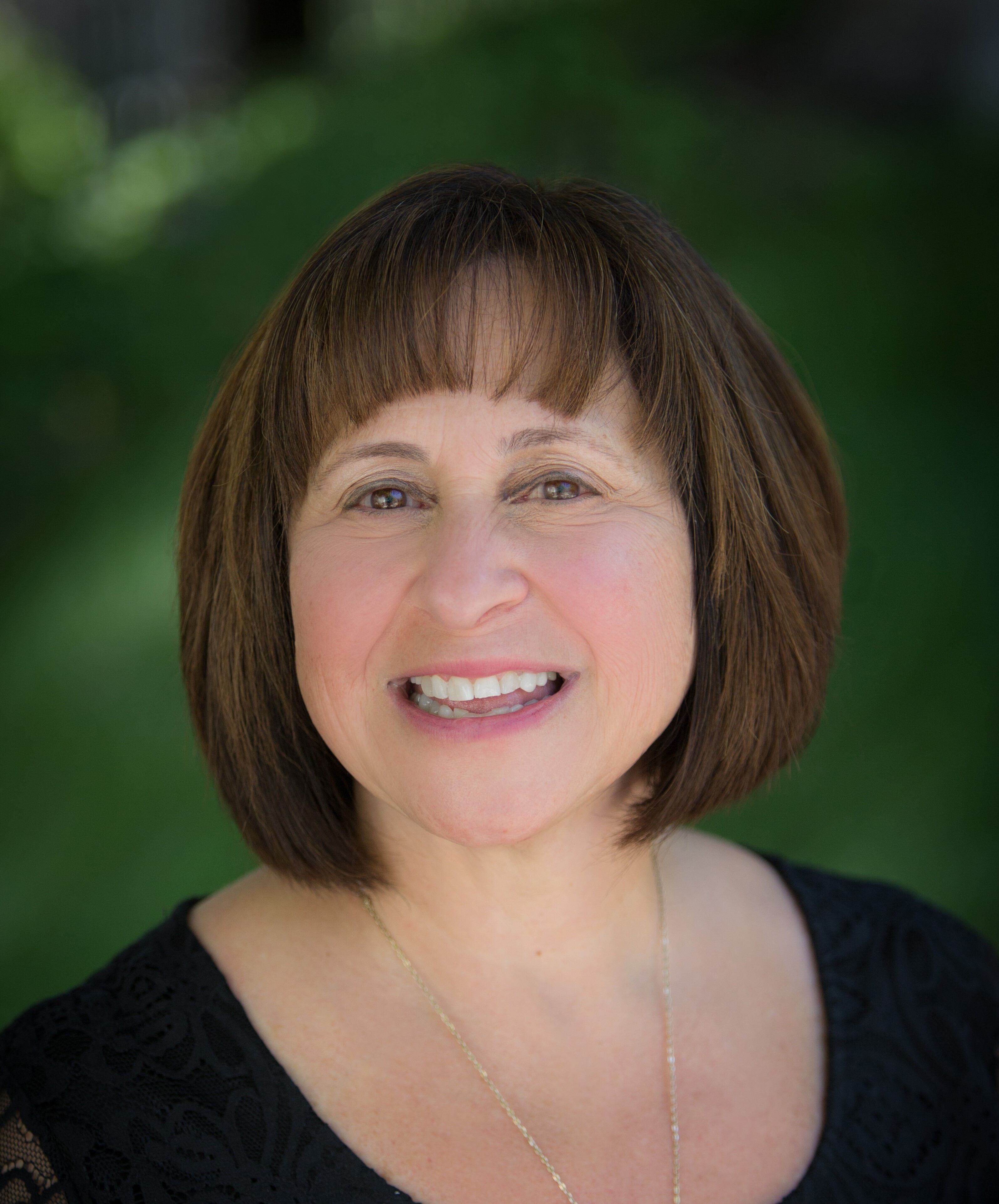Having crossed through the sea as it split to lead them to safety, our ancestors stood on the shore watching as the waters covered the Egyptians. And, what's the very next thing Moses and the Israelites did?
"Then," says the Torah, "Moses and the Israelites sang this song to the Lord." And, after Moses, Miriam takes the timbrel in her hand and with the women dancing around her, she too sings.
Confronted by the turbulent waters of the sea, the Israelites jumped into the sea, an act that propels them forward with new resolve, with new dimensions of faith, and they sing. The Midrash states that the angels declared, "What is human that we should take notice of them?" God replied, "Come observe the scene of the Song of the Sea." As soon as they heard the Israelites sing, the angels began to sing as well: "O God, how glorious is Your Name in all the earth." What is song, that even the angels use it to praise God in the Heavens?
This is not the only song of the Bible. The Midrash enumerates a list of pre-eminent songs in the history of Israel -- occasions on which the collective experience of our ancestors found expression in melody and verse. Amongst the list of songs of the Bible you can find: the song sung on the night of the Exodus in Egypt (Isaiah 30:29), the "Song at the Well" (Numbers 21:17-20), Moses' song upon his completion of writing the Torah (Deuteronomy 32), Deborah's song (Judges 5), King David's song (II Samuel 22), the song at the dedication of the Holy Temple (Psalms 30), and King Solomon's Song of Songs expressing the love between the God and the Children of Israel. Yet, only this Shabbat - the Shabbat in which we read the song of Moses and Miriam - is called Shabbat Shirah, the Shabbat of song.
Rabbi Sampson Raphael Hirsch defines song as "an inspired or rapturous expression of what some external event has revealed to the inner self, that which the physical eye can not see, but what has become clear to the mind's eye".
When the inner world of feelings swells beyond what the mouth can express, what remains is ... song. Music transcends the boundaries of words and transforms a moment into an expression of release. Songs of joy, songs of redemption, songs of healing, songs of pain - without words, the notes and verses reveal a moment of Truth, characterized by clarity, presence, vision and understanding. Perhaps it is for this reason that when you look in the Torah itself, you see that the "Song of the Sea" is written in a block form with intermittent open spaces - with more space appearing between the words than the blank ink of the words themselves. Sometimes what is not said is often more profound than what is actually expressed.
Music has touched the human soul across all boundaries of time, space, and genre. Across the millennia, music has contained powers to help us feel and to help us heal. An account involving two of the legendary kings of Israel is thought to have been written during the reign of Solomon. "And whenever the evil spirit from God was upon Saul, David took the lyre and played it with his hand; so Saul was refreshed, and was well, and the evil spirit departed from him." Saul's experience is echoed in our daily lives. Song is the language of the soul and song possesses therapeutic powers.
Oncologist Mitchell Gaynor writes of the ways in which music helps in the healing of cancer. According to his work, the body normally vibrates at certain frequencies. When people are sick, they are out of tune. Vibrations from music or instruments work to re-harmonize their bodies.
At some time or another, we all need retuning and re-harmonizing. On this Shabbat Shirah, close your eyes and join me in singing a niggun (a wordless song) - allow yourself to experience the vibrations of the notes on your lips, to hear the melodic sounds of the notes, let the music enter the chambers of your heart, a feel its transformative magic in the deepest recesses. Then, God willing, we will join together to truly "Sing unto God a new song."
Shabbat Shalom.

